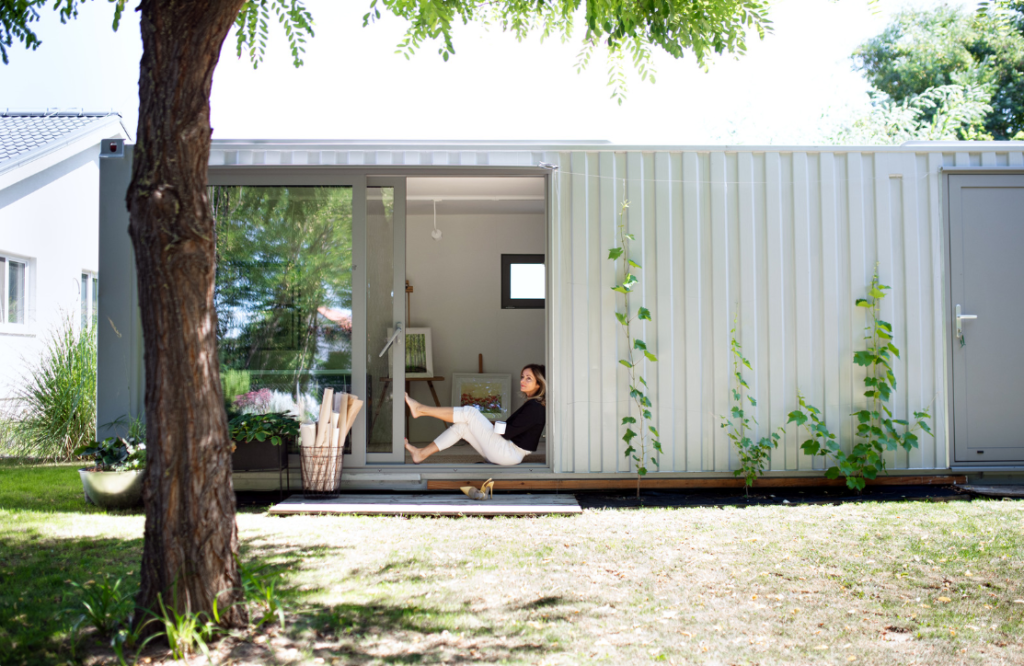Embarking on a home renovation project can be an exciting yet daunting task. The prospect of turning your vision into reality comes with its share of challenges, but with careful planning and a positive mindset, you can transform the renovation process into a less stressful and more enjoyable experience. In this article, we’ll explore some practical tips to help you navigate the journey of renovating your home with ease.
1.Create a Detailed Plan: Start by outlining your renovation goals and creating a comprehensive plan. This may seem obvious however I have experienced the difficulty of helping a client who had already ripped a bathroom out before selecting tiles or fixtures. I can guarantee that there will be unexpected decisions to be made throughout a renovation regardless of planning so the goal is to clarify everything you can (all the way down to the grout colour for the tiles) before you start. All of the information regarding your renovation needs to be clearly documented so that you and your trades have clarity on what is going to happen. Having a clear roadmap will not only keep you focused but also minimize unexpected surprises during the renovation process. If this isn’t an area that you’re confident in, it is worth while undertaking some training such as the Undercover Architect courses or hiring a professional Interior Designer.









